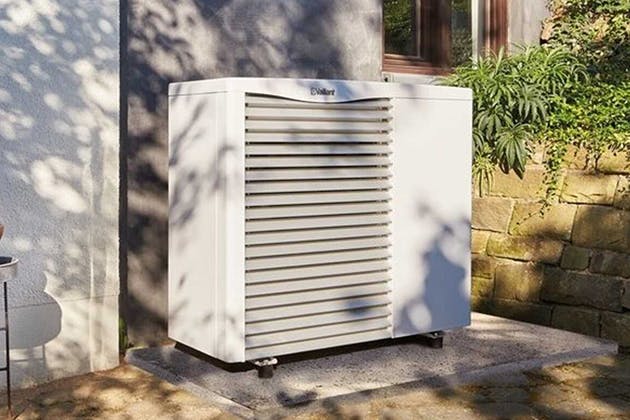Heat pumps will be much more affordable for homeowners thanks to the Boiler Upgrade Scheme. The government plan will reduce the cost of air source heat pumps by £5,000 and ground source heat pumps by £6,000 between April 2022 and April 2025.
You won't have to fill out a lengthy application either; if you let a ground source or air source heat pump installer know you're interested, they can apply on your behalf and apply the discount to your purchase.
This is a start in the right direction, but what exactly are heat pumps? How do heat pumps work? What are the different types of heat pumps? We have given our ultimate guide to heat pumps below!
Need a reputable heating engineer in Ringmer, Eastbourne or Lewes to give advice or a quote for air source heat pump installation get in touch today on 07725 520980 or check out our air source heat pump page for more information.

What are heat pumps?
How does a heat pump work?
Types of heat pumps
generally, heat pumps fall into two categories either air source heat pumps or ground source heat pumps
Air Source Heat Pumps
The cold refrigerant begins its journey in the exterior unit of an air source heat pump (ASHP) (called an evaporator). It uses fans to collect heat energy from air blown across a heat exchanger. Because of the vast volume of air that flows over the heat exchanger, even though the air is cool in the winter, there is plenty of energy available. Air source heat pumps also tend to be smaller and therefore better suited to smaller properties with less garden space.
Ground Source Heat Pumps
The thermal energy for a ground source heat pump (GSHP) is collected from water circulating in subsurface pipes and pumped to a heat exchanger within the house. The 'brine,' which is cool water combined with antifreeze, goes through the heat exchanger, transferring heat to the refrigerant, which continues its journey around the compressor circuit. Ground source heat pumps tend to be best suited for larger properties with a large garden space due to the size of the units.
If you need any advice or a quote for air source heat pumps then get in touch with our qualified, experienced & reputable team of heating engineers in Ringmer, Eastbourne & Lewes.


